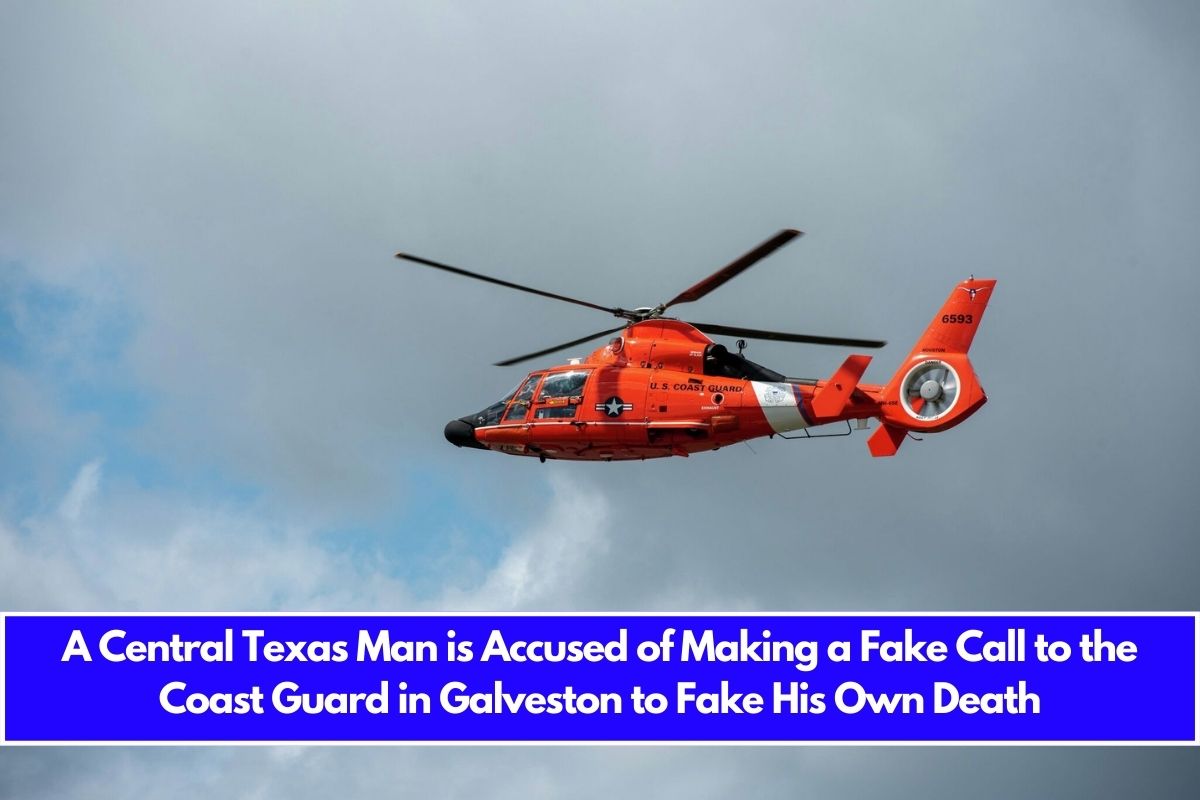A Falls County man who falsely claimed to be a kayaker in distress, leading to an extensive but futile search operation, now faces federal charges. Joseph Grams, 48, was indicted for making a hoax distress call, a serious offense that could land him in prison for up to five years. Authorities believe Grams staged his disappearance to avoid legal troubles, but he was later found alive at his home.
Details of the Incident
On August 15, 2023, at around 1 a.m., Grams called Galveston first responders, claiming he was stranded in a kayak near the Galveston Pleasure Pier. Emergency teams, including police, firefighters, lifeguards, and a Coast Guard helicopter, were dispatched immediately. However, after days of searching, the only evidence found was an abandoned kayak on the shore.
Despite the extensive rescue efforts, there was no sign of Grams’ body. Authorities eventually discovered that he was safe at his home in Falls County just two days later. His arrest followed a tense standoff with law enforcement.
Previous Criminal Charges
Grams had a history of legal issues before this incident. At the time of his disappearance, he was facing charges for aggravated assault, burglary, and bail jumping. In October 2023, he pleaded guilty to these crimes and received a 12-year state prison sentence.
Federal Charges and Possible Penalties
In January 2024, a federal grand jury indicted Grams for making a hoax distress call. According to court records, he knowingly sent a false emergency message to the Coast Guard, causing unnecessary deployment of resources.
If convicted, Grams faces:
- Up to five years in federal prison
- A fine of up to $10,000
- Possible reimbursement for the Coast Guard’s search expenses
Legal Proceedings
Grams was transferred to Houston for his federal arraignment, where he pleaded not guilty. A public defender has been assigned to represent him. The Coast Guard has yet to disclose the total cost of the search operation, which Grams may be ordered to repay.
Faking an emergency is not only illegal but also wastes valuable resources that could be used for real emergencies. Grams’ case serves as a warning about the consequences of false distress calls. With a 12-year state prison sentence already in place and additional federal charges looming, his legal troubles are far from over.







